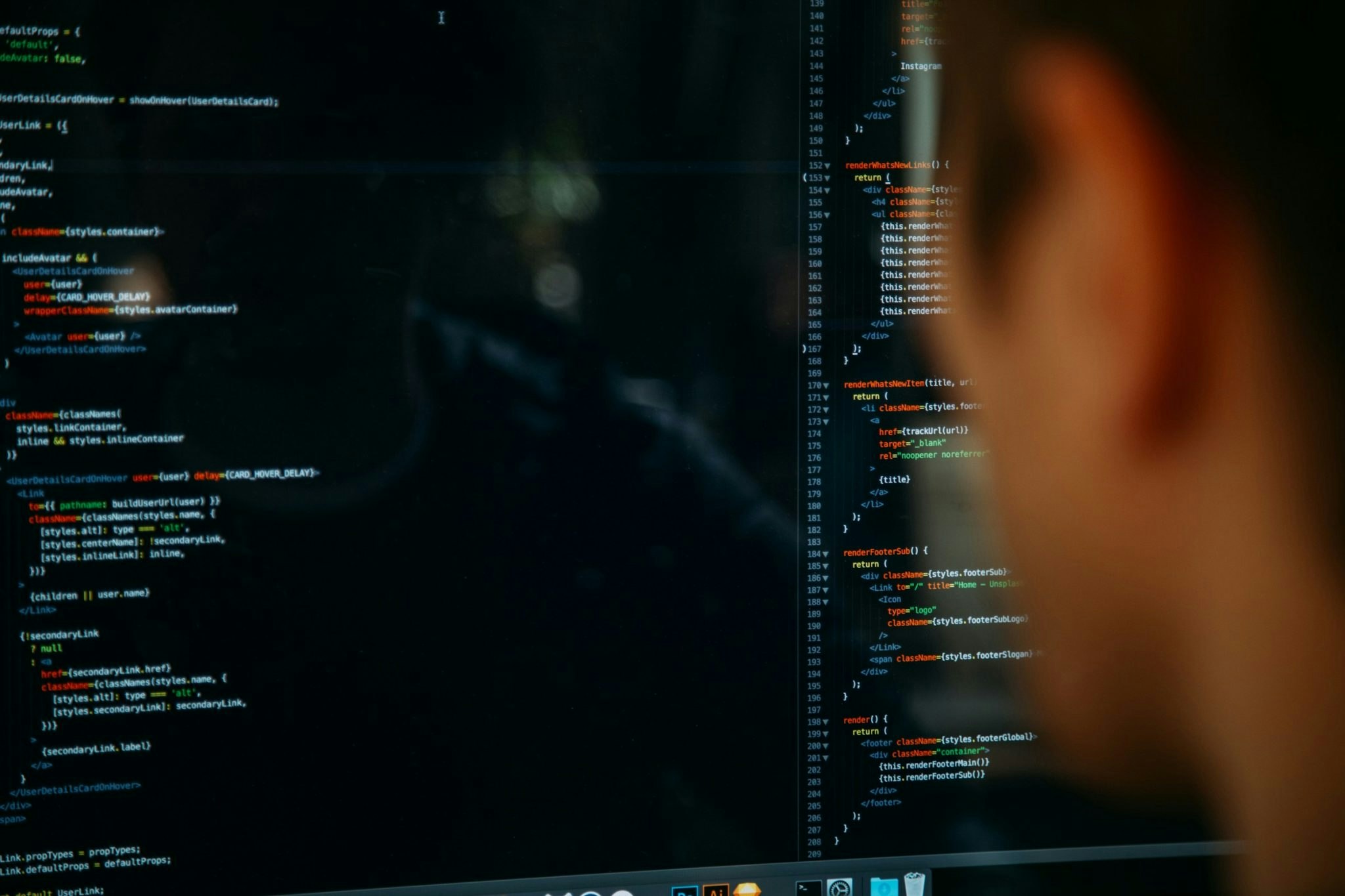The AI frenzy — which has seen VCs pour tens of billions into AI startups at often nosebleed valuations in the last couple of years — has seemingly created a bubble. And for some investors, seeing global chipmaker Nvidia’s stock — which soared well over 100% in the last year as its chips continue to be vital to the AI boom — plummet recently by more than 20% was vindicating.
“I always told my colleagues internally that the event that I'm waiting for as a clear signal that we're probably going to see a bit of an end of this bubble is when Nvidia stock for the first time retreats significantly, and it has done that in the last couple weeks,” Andreas Goeldi, an AI-focused investor at VC firm b2venture, tells Sifted.
“[Nvidia is] the bellwether for the market,” adds Simon King, a deeptech partner at Octopus Ventures, “so if something bad happens to them, it's going to make people nervous and jumpy.”
Mounting headlines citing concerns around AI and tech have emerged in recent weeks, along with a huge selloff in tech stocks in the US and Japan last week (which, along with Nvidia’s share price, has since started to recover), and there are more calls like Goeldi’s: that the bubble is deflating. “We are clearly now in a cooldown phase from all this hype,” he says.
Some VCs are more optimistic: “I don't think the bubble has burst just yet; I feel this is a blip,” says King, adding that, unlike other recent hype cycles, “people are definitely generating money from AI and machine learning”.
VCs have also continued to funnel a lot of capital into AI startups this year. They’ve spent €7.9bn across 1,030 deals for European AI and machine learning startups so far in 2024, compared to last year’s haul of €9.5bn across 1,888 deals, according to PitchBook data provided to Sifted through early August. Valuations, meanwhile, haven’t seemed to have been affected by AI jitters yet: the median post-money valuation for AI and ML startups is €9.2m so far in 2024, up from €9m last year.
But blip or not, the AI industry is still facing some real concerns.
Revenue worries
One of the chief concerns for VCs and public investors is that revenue for AI companies — and companies investing in AI to improve their businesses — isn’t matching the pace of investment. Big companies like Microsoft (which has a partnership with French OpenAI challenger Mistral) and Amazon haven’t been reaping the rewards of their massive investments into AI in recent earnings reports. Even OpenAI is dealing with cash burn problems: the stalwart AI company could burn $5bn this year, The Information recently reported, citing sources and financial data.
It’s “going to be quite tough and slow, presumably,” for startups that raised money at “fantasy valuations and [are] now going into the economic realities of this,” says Goeldi.
There’s a lag between the amount of money invested in the space and the actual revenue being generated, and “at some point that needs to catch up,” King says. “Selling to a customer has a sales lead time, whereas investing money is pretty quick for the most part…That's why it feels more like going into a shallow trough of disillusionment is going to happen over the next little period of time, rather than the kind of full bubble burst,” he says.
What could trigger a bigger deflation in valuations, however, is when the big companies like Aleph Alpha and Mistral — which have raised enormous amounts of money — inevitably need to go back to market. "It's a matter of time as to when the next one has to come out and raise money,” King says, “and is going to struggle to find money at an uplift on what was paid at the last round." If they do raise down rounds, it will “spook people quite a lot”.
King also points out that market commentators and academics are increasingly saying that we’re starting to top out on the capabilities of large language models (LLMs) — as they’re running out of unused data and size. “Most people say we've got one to two generations left before we definitely hit the top; I think we might be there now.”
Goeldi adds that we’ve seen the progress of LLMs flattening out. “I mean, right now we have five or six models that all perform on the level of [OpenAI’s model] GPT-4. It feels like very incremental progress,” he adds.
‘Tough’ consolidation ahead
One thing investors seem to agree on is there’ll be more consolidation in the AI space. Goeldi predicts we’ll see some “tough” situations for AI startups in the coming months and years, and, barring a major breakthrough from one of the model developers, a period of consolidation.
Several VCs believe there will be M&A among the large infrastructure players and LLM makers. Sivesh Sukumar, associate at Balderton Capital, adds that we’re “already seeing a graveyard forming of companies attempting to compete on ‘frontier models.’” In the US, Adept AI, Inflection and Character.AI raised heaps of money, but all three are part of a new batch of pseudo-acquisitions by Amazon, Google and Microsoft to essentially acquire their teams and licences. There could be more such activity in Europe, too, King believes, as there is more recognition of the region’s AI talent.
Another area that may get hit: AI tooling startups — the layer in between the applications and the underlying LLMs — where there’s been a proliferation of startups getting funded, like Dutch startup Weaviate and Berlin-based Qdrant, suggests Goeldi.
It brings up the question of whether these companies have a competitive moat, he says. Goeldi says he’s increasingly hearing that instead of using flashy new providers to perform vector database tasks (which helps AI models retrieve relevant data that they may not have the capacity to store faster), CTOs are instead opting for more traditional databases like Postgres. “Most independent players have not been acquired yet, but I wouldn’t be surprised to see that soon,” he adds.
Still enthusiasm in the market
Some ardent AI believers are keeping the faith.
“Did that dot-com crash stop the development of the internet, as some people foolishly warned at the time? Of course not. It was only the beginning, but there are always winners and losers,” Adrian Locher, cofounder and CEO of Berlin-based AI venture studio Merantix, wrote in a blog post last week.
And to be sure, AI startups haven't lost favour overnight. There are still several fast-growing AI startups in Europe that have raked in VC money and are using it to boost headcount. VCs like Goeldi are still actively investing in the sector; they’ve done a few unannounced early-stage investments recently, he says. Investors do add though, that it’s only a matter of time until valuations come down.
Like other investors, Sukumar views AI as a big tech shift akin to the internet and the advent of trains, and believes we're “only in the first innings of actual value creation with enterprises now figuring out how AI fits into their business model,” so we’re currently experiencing “more of a course correction”.



